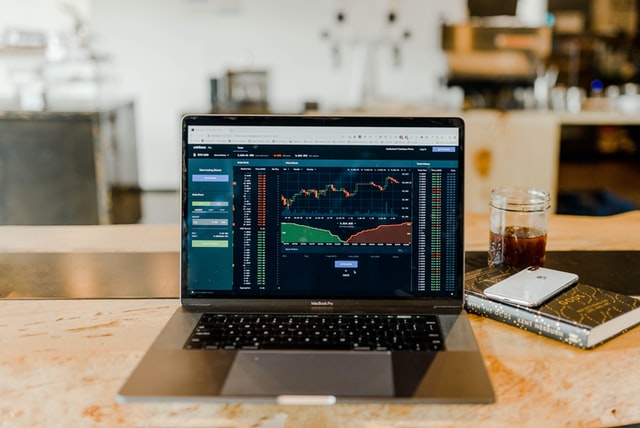ETFs, or exchange-traded funds, are unique investments.
They allow for the diversification of an investor’s portfolio while still easily tracking performance in different sectors without having to buy each stock within that sector.
ETFs also have low fees attached to them when compared with mutual funds.
Their rules on indexing define ETFs
Most ETFs are designed to replicate indexes based on market capitalization or weightings.
The drawback is that certain indexes are difficult or impossible for fund managers to replicate.
For example, there is no known current method for creating a replicable fund that tracks the S&P 500 capital-weighted index.
It means all stocks in equal weightings, instead of based on market cap.ETFs can also trade through the course of a day instead of mutual funds that can only be traded once a day at market price.
It gives ETFs the chance to react immediately in today’s fast-paced stock market.
Risks involved when trading an ETF
There is always some risk involved when trading an ETF, as with any investment.
To know what you are investing in and how it will affect your total portfolio, it is essential for investors holding multiple types of securities to fully understand the risks and rewards associated with trading ETFs.
- One significant risk factor with trading ETFs is liquidity. Since they trade like stocks, ETFs do not come with a built-in guarantee that you will be able to sell your ETFs at the current market price, which is known as market liquidity.
- Some ETFs have minimal volume compared to mutual funds or other types of investments. An investor needs to understand how much volume they are getting into when placing a trade.
- Another common risk involves the fund manager’s ability to replicate an index designed into an ETF.
The demand issue can stem from not having enough companies to create the same ratio between stocks included in both the ETF and its underlying index.
These kinds of issues can cause significant issues within the terms of the portfolio manager’s intended asset allocation plan.
- ETFs also carry administrative fees associated with them, mainly for costs associated with creating and maintaining the ETF.
These costs can change at any time, which means investors should be aware of how their funds are allocated between investments to help keep total fees down.
- One final risk associated with an ETF is that it does not necessarily track the performance of its underlying index.
It means that if there is a difference in relative performance, it may create opportunities for arbitrage strategies to be used by traders who follow this price mismatch.
How ETFs trade throughout the day
ETFs are unique with their rules on indexing and how they trade throughout the day.
Several types of ETFs can be traded, such as those made up of stocks, bonds, or commodities. It is essential to know what you will be investing in before making any trades.
On top of that, there are other considerations, like liquidity and administrative fees associated with an ETF, that investors should learn about before trading.
There is always some risk involved in investing, so it’s essential to fully understand what these risks are involved in for different types of securities .
Unlike mutual funds, ETFs can be traded intraday, traded only once a day.
Some index models do not correlate perfectly with their respective ETFs due to the lack of companies creating the same ratio between stocks included in the ETF and its underlying index.
It causes opportunities for traders who pay attention to them to take advantage of this index mismatch.
Investors should realize what they are investing in before making any trades. Before investing in an exchange, you should be aware of various expenses, such as administration fees and liquidity.
With that said, if you feel like you understand what risks come with trading ETFs, read on about some other considerations to make before investing in one type or another of these individual securities.
Be informed when investing in different types of financial securities to know what risks come with them.



